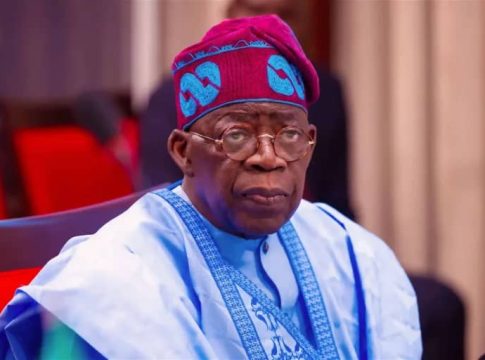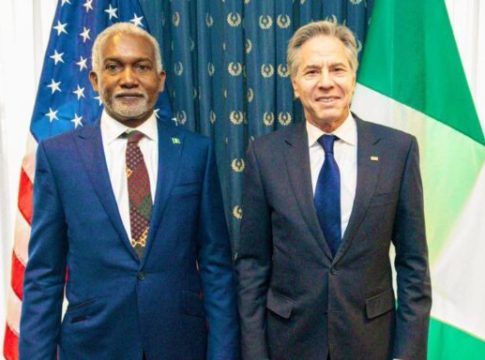In the inaugural year of President Bola Tinubu’s administration, Nigeria’s economy has been tackling significant impediments. The nation grapples with soaring food and fuel costs, which have led to consumer prices doubling, and inflation rates soaring to unprecedented highs not seen in thirty years, currently standing at 33%.
Despite campaign pledges of spurring economic growth, generating employment, and fortifying security, there has been public unrest over implemented policies such as the removal of petrol subsidies and the devaluation of the national currency.
Analysts project that Nigeria’s GDP will diminish considerably, from over $470 billion recorded in 2022 to a projected $253 billion, potentially relegating it to the fourth-largest economy in Africa.
READ MORE: MTN Remains Number One African Brand, Leading In Positive Impact.
Domestic security concerns paint a grim picture as well, with escalation in violence, abductions, and gang-related fatalities. On a brighter note, the oil sector has shown improvement in production levels since the new government’s accession, and the anticipated commencement of operations at the Dangote Refinery could reduce dependence on energy imports.
In reflection, experts suggest that the current government’s performance scarcely surpasses that of its predecessor, with much work ahead to meet the aspirations of Nigeria’s populace.
SOURCE: SEMAFOR




